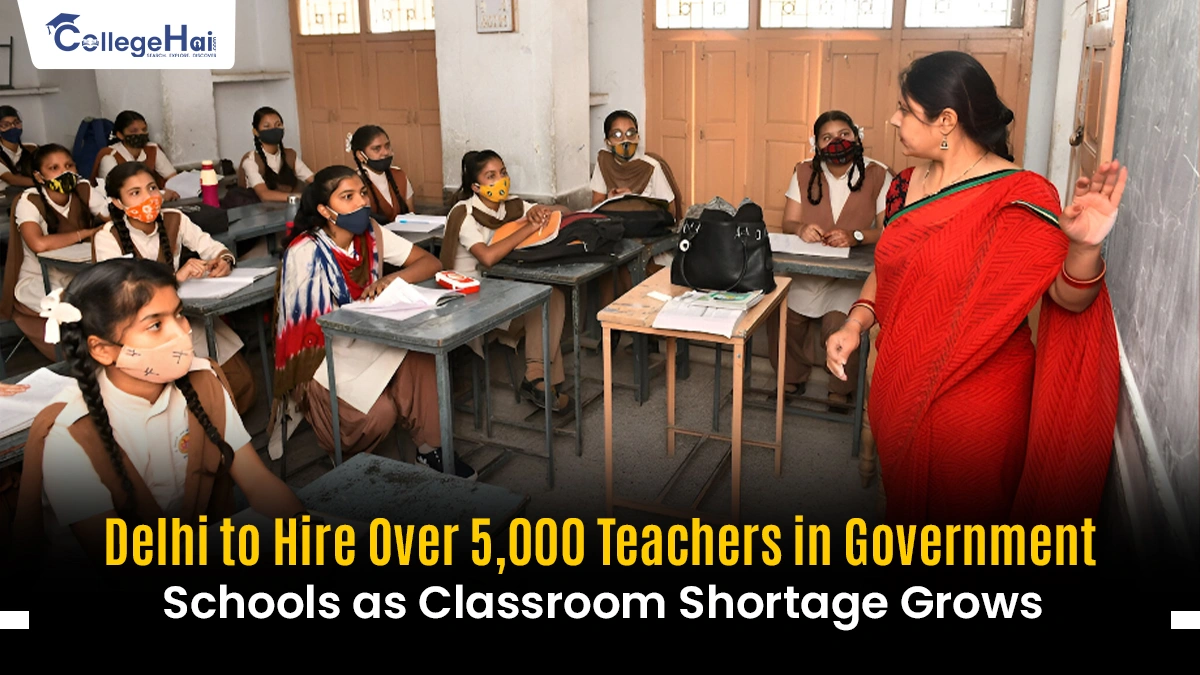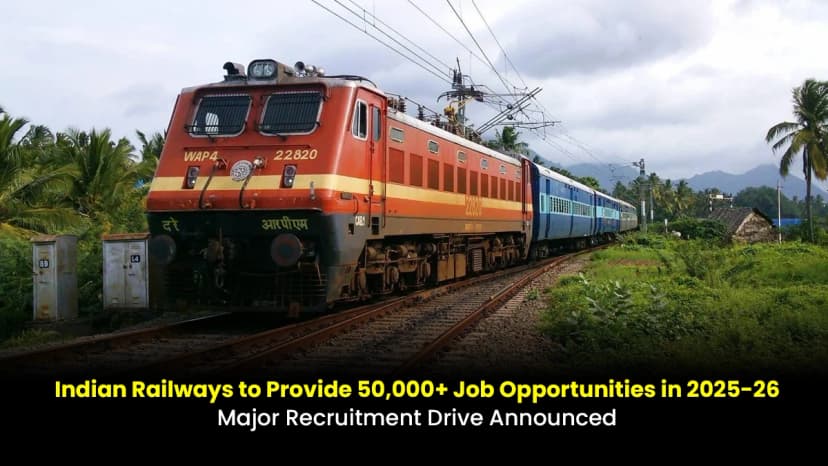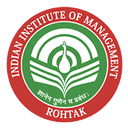The Delhi government has recently announced that it will recruit more than 5,000 trained graduate teachers (TGTs) in its government and municipal schools around the capital in a major attempt to cope with the current teacher shortage. The program is a component of a larger process of developing teaching capacity and improving learning outcomes. It will be one of the biggest recruiting efforts in the city in the government sector of education in a long time.
In the Delhi Subordinate Services Selection Board (DSSSB) system and the municipal school system, 5,346 TGT posts are being filled in classes 6th-10th in the Delhi Subordinate Services system. The vacancies include such key subjects as Mathematics, English, Natural Science, and Social Science.
How the DSSSB TGT Recruitment Solves the Vacant Seats Problem
The problem of teacher shortage has been identified as one of the structural problems in the public schools in Delhi over the past few years. Past reports revealed that thousands of approved teaching positions went unoccupied. With this new recruitment, the government has planned to relieve the pressure on the teacher-student ratio, especially in the middle and secondary school classes, where subject area expertise is usually and increasingly the most crucial.
A senior education department official explained that the appointments are under the Viksit Delhi vision, a broad initiative to improve the quality of government school education, offer personalised academic support, and reduce the burden on the current teachers.
DSSSB TGT Recruitment: Check the Procedure and Eligibility Criteria
The DSSSB has started the online application on October 9 and will close it on November 7. To apply for the TGT positions, the candidate must have a graduation in the subject and a professional qualification in teaching, including a B.Ed. They are also required to meet other requirements that are stipulated in the official advertisement (Adv. No. 06/2025).
Pay scale information shows the salary range of the posts is between 44,900 and 1,42,400, which is consistent with the current pay scale of the city teaching staff.
Trained Graduate Teachers (TGT) Recruitment: Significance for Students and Schools
To students in the government and municipal schools of Delhi, the new wave of qualified teachers will be a relief against overcrowded classes and a way of refocusing on subject-matter expertise. According to school principals, vacancies that have lasted a long time tend to compel the staff to teach subjects they are not specialised in, which undermines the content delivery and student attention.
As new teachers enter the ranks, the schools are anticipating better academic supervision, more time to interact with the students, and easier handling of classes. According to one headmaster, the recruitment will provide increased flexibility in scheduling, remedial classes, and targeted support of slow learners.
Major Block to Progression: What are the Challenges?
Although the recruiting initiative is desirable, analysts warn that recruitment might not be enough. The lack of infrastructure, the imbalances in the workload, and the retention of teachers are the most important problems that should be tackled simultaneously. In the previous years, despite the high number of hires, there were schools that failed because of poor mentoring, training, and conducive learning conditions.
In addition, recruiting more than 5,000 employees will demand mass deployment, orientation, and induction variables, which will challenge administrative preparedness. Moreover, access to underserved schools in remote locations or heavily populated zones will be a logistical problem.
Future of Delhi Education: What the Recruitment Campaign Aims At
Education officials indicate that the recruitment campaign is an indication of a gradual strategy and not a one-time solution. It is being planned to further strengthen the teachers, modernize learning facilities, and bring about smart-class facilities in the public schools of the city. Students, parents, and teachers are optimistic that the higher staffing will be reflected in quantifiable improvement of the classroom experience and outcomes.
With the new TGTs set to enter the classrooms in the next few weeks, the Delhi government is hoping that this huge influx of manpower will help to revitalize its state-run schools and restore the confidence of the stakeholders. To a large proportion of the students in the government schools of the capital, the additional focus and subject-specific instruction may be the difference between catching up and falling behind.












































